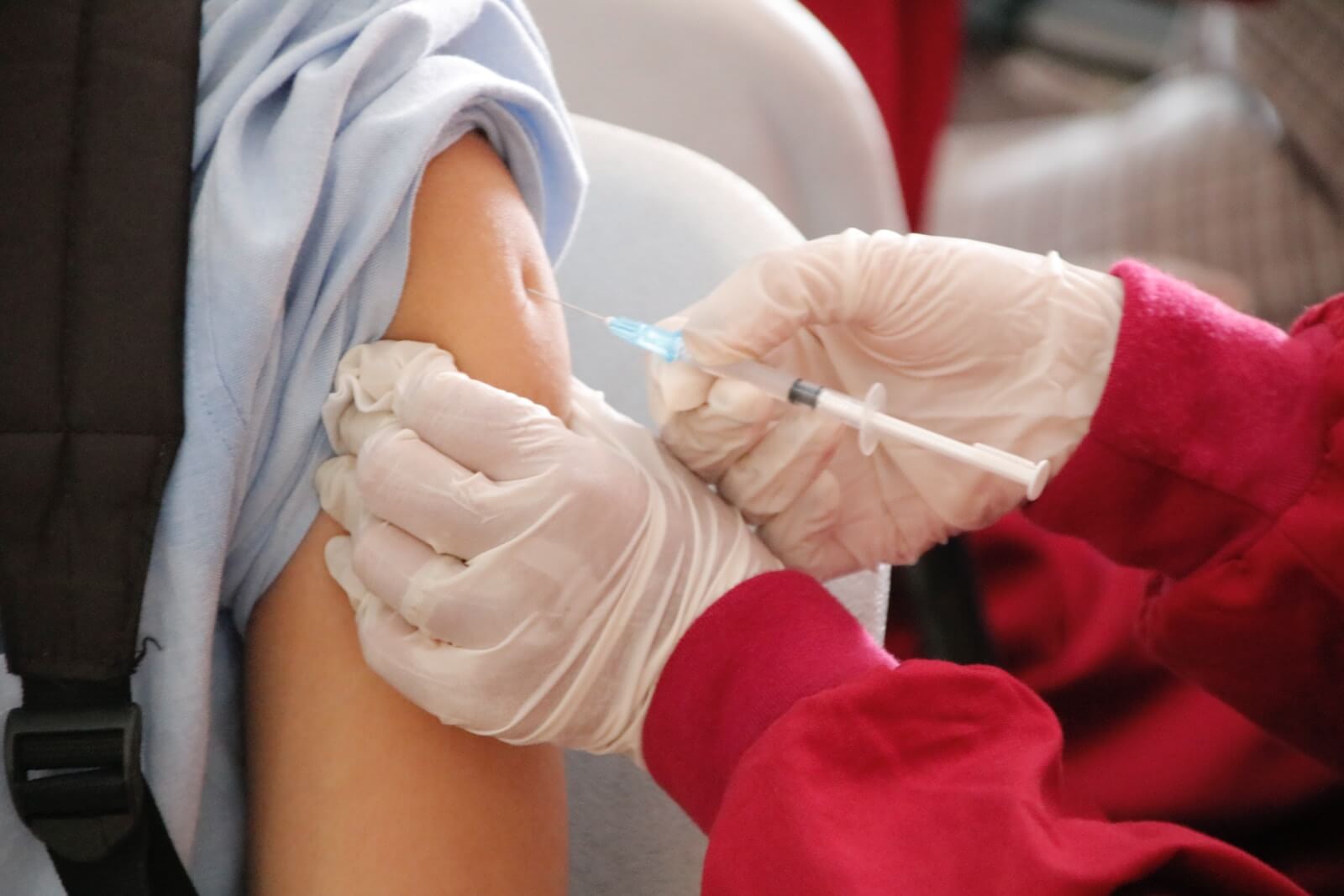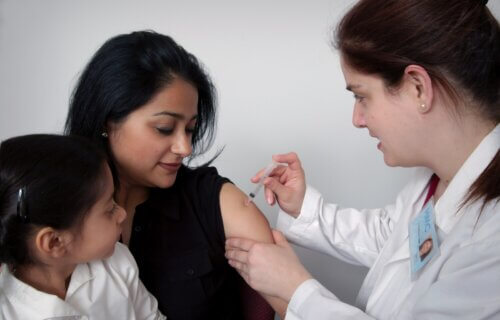MONTREAL, Quebec — Women may be more susceptible to adverse reactions from flu shots than men, new research suggests.
In the study, women between 18 and 64 were found to be 29 percent more likely than men to experience a reaction in the area where they received their vaccination. For women over 65, that likelihood increased to 43 percent. Additionally, younger women had a 25-percent higher chance of experiencing systemic reactions, which affect various parts of the body. For the older group, the likelihood was 27 percent.
Researchers from the University of Montreal also discovered that women faced double the risk of severe reactions compared to men.
“Most reactions following influenza vaccinations are mild, self-limited and rarely serious,” researchers write in the Journal of Epidemiology and Community Health.
“However, as the experience of an adverse event could be a barrier for subsequent vaccinations, limiting the impact of safety concerns on vaccination program success is critical, especially for the influenza vaccine which is needed annually.”

The study team evaluated both reactions at the injection site and systemic reactions that spread throughout the body. They assessed symptoms such as pain, redness, fever, headaches, and muscle aches. They also took into account other symptoms that appeared three to four weeks post-vaccination, as well as severe symptoms that surfaced during the study period from 2010 to 2018.
For this research, the team analyzed data from 18 clinical trials of seasonal flu vaccinations. These trials included 34,343 adults, and the team examined the varied effects on each gender.
“Transparent communication of this risk could increase the trust in vaccines and limit vaccine hesitancy,” the study authors conclude.
Experts have pointed out that the evidence for reactions at the injection site is weak and moderate for systemic reactions. They suggest that societal gender roles and attributes might influence the results, adding that women might be more inclined to report health issues.
You might also be interested in:
- Flu shots can protect heart failure patients from premature death, study reveals
- Vaccinations have saved more than 10 million lives since 1962
- Flu shots linked to 40-percent lower risk of Alzheimer’s onset
South West News Service writer Pol Allingham contributed to this report.

